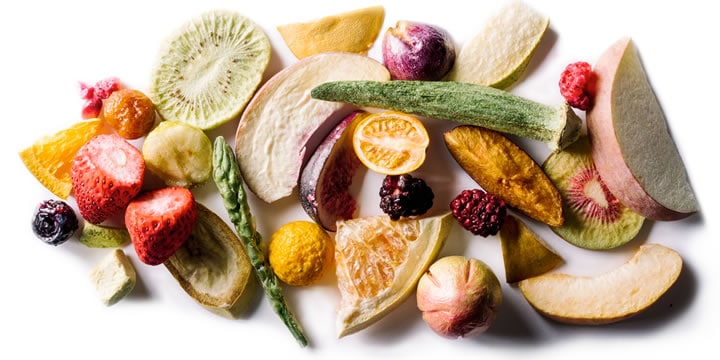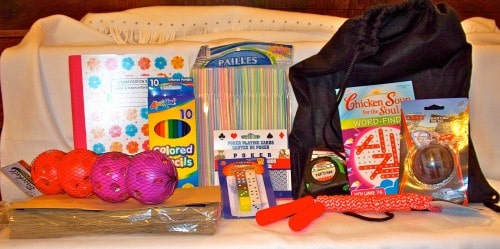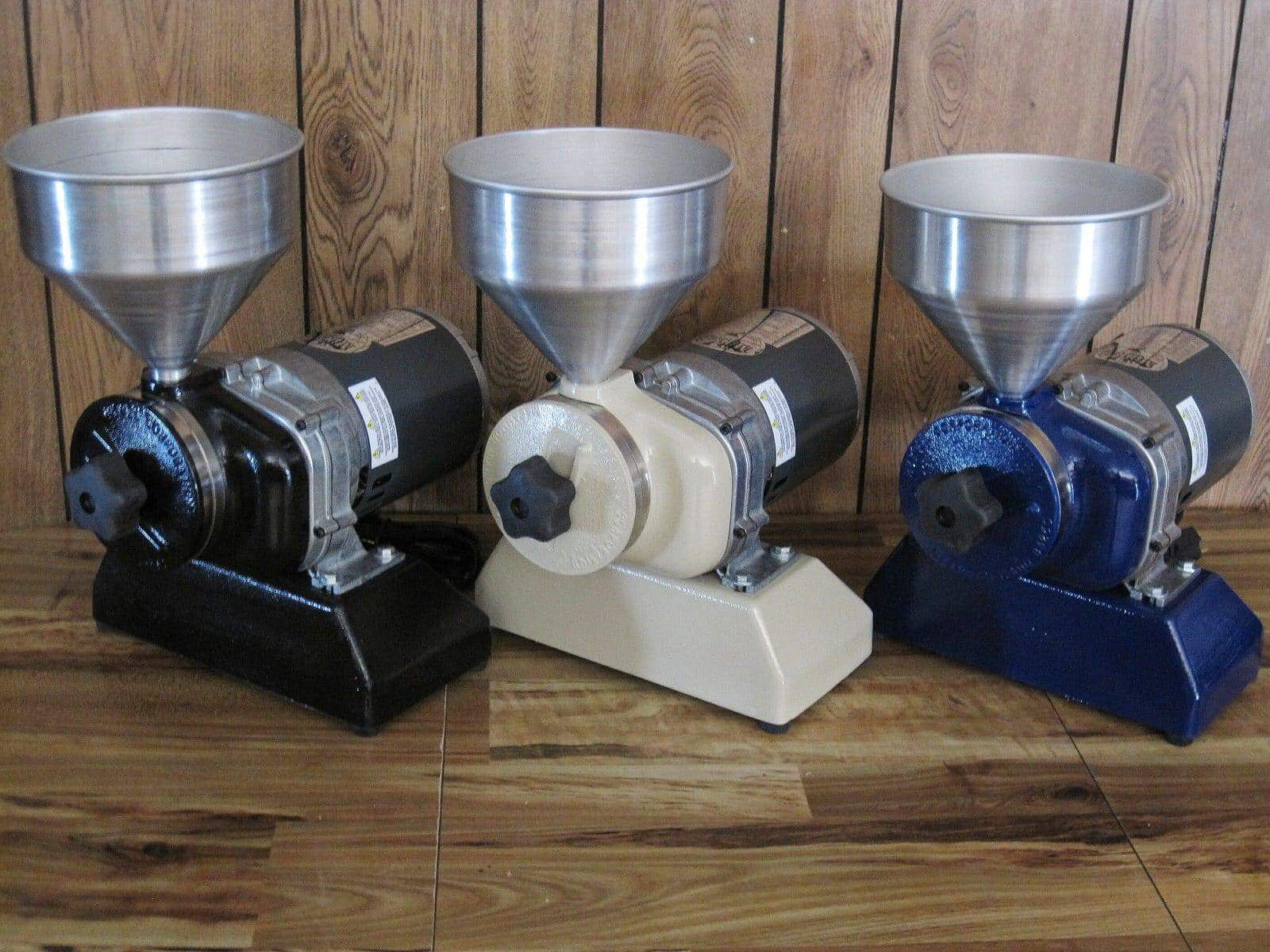Having the security of a 72-hour kit could make all the difference in being prepared. As a parent, I’ve learned the importance of food and water outside of mere survival. Think of the last time, you cooked a meal – was there joy around the dinner table with lots of yummy’s and smiles? Or was it more like all out war with the goal of just getting some form of nutrition down their throats so they’d make it till morning? Think about how you or your children act when you’re hungry or thirsty. water goes a long way to curbing not just the appetite but the attitude. In a disaster, this needs to be the goal of our 72 hour kits menu, not just mere survival, but relief for the soul as well.
Water: The First Thing You Need to Do Is Add Your Water.

A basic requirement is one gallon of water per day per person. Remember this will be for more than just drinking, unless you pack disposable dishes and lots of baby wipes for hand washing (and are comfortable with that method of sanitation). Water will be the heaviest part of you pack. Don’t be tempted to pack light! There are several ways to bring your water with you that may help reduce your weight or help with rationing. You can simply use a regular gallon bottle (soda or juice bottles will work, but need to be rotated. Don’t use milk jugs!). For ease in rationing you could label smaller water bottles for each day and use (washing hands/dishes). My personal recommendation is to purchase water in pouches (Datrex emergency water pouches are the best). I’ve used these and they taste great and stay cool, and the sales lady told me they’re so tough that when a fork lift ran over a box in her warehouse only 3 broke out of 64. These are easy to ration (3-4 per day, 2 minimum) and are lighter than water bottles, along with less trash. Lastly they last up to 5 years!
I recommend including a water filter and water bottle as well. These are more likely to save your life than anything else, and therefore worth the expense. Also include coffee filters so you can clarify water as well. While you’re thinking about it, write down in your emergency plan a water source close to your home where you can get water if you run out (rivers, lakes, etc, not your neighbors house or your tap).
Food Comfort or Curse – You Decide

I always laugh when someone tells me their pack is full of MRE’s. You’ll survive but may not be able to force yourself to eat until your starving. In preparedness there’s no separation of physical preparedness and psychological preparedness. If you want to come out of the disaster with your wits still about you, pack for comfort and familiarity. This is especially important for children and those with special needs. Before you pack anything in your kit try it as a family, will you eat it? Is it something that you like and can look forward to? Having food that is familiar and delicious can turn the worst day into something bearable. You’ll need that when everything seems lost. Make a list of the items you could use for meals in your kit.
Here’s a list of ideas for you to consider:
- Mountain House Meals
- GoFoods Meals
- Instant oatmeal
- Dried fruits and veggies (or freeze dried)
- Granola bars
- Crackers and canned tuna
- Nuts, and seeds
- Peanut butter and crackers (graham or soda)
- Canned soups or pastas (raviolis, chicken noodle, etc)
- Deli packets for condiments
Next consider food preparation. How much water does it take to reconstitute? Is it fast and easy to make (you won’t be baking or cooking from scratch)? What dishes do you need to cook it and eat it? Write the answer to these questions beside the foods you listed above. Now you can evaluate which ones would make the best options and what else you need to pack.
I would recommend filling out the 72-Hour Kit Menu Planner with each family member and help them decide their menu. This will help avoid tantrums, arguments, and running out of food. When you plan it all out, everyone understands what they have, why they can’t just eat whatever (and when ever like we normally do) and they can see the importance of rationing their food. It also helps with packing and rotation so you know how much you need.
What to Pack:
- Low sugar – that last thing that you want to deal with is a hyper child. Fruit snacks and juice boxes included are high in sugar, so ration or remove.
- Remember good nutrition and the food pyramid – this will help with emotional health as well as physical wellbeing. Include all food groups.
- Include calorie dense foods – but they need to taste good. Check labels because what may seem high calorie may be just high sugar. Look for nutrient dense as well.
- Bribery- you are going to need all the help you can get! Rewards will go a long way to helping ensure a harmonious environment. This may also be comfort food. If you’re a parent I recommend packing this in your bag, so the kids don’t eat it as their snack.
- Pack a little more food than you need – kids may live off air and then suddenly eat you out of house and home. Or worst case scenario it takes longer than 72 hours.
- Remember food allergies and sensitivities – picky eaters and allergies are not what you want to be dealing with. Remember that the foods in other people’s packs may be more accessible to a child than usual so plan everyone’s food (if possible) to that child’s allergies to avoid problems.
- Don’t underestimate the importance of chocolate
Today’s Challenge: Get the Food & Water for your 72-hour Kit
Good: Pack at least one day’s worth of water per person. Write down your emergency water source in your emergency plan. Make your food idea list and preparation list.
Better: Pack 2 days worth of water per person. Pack a filter or coffee filters. Have your food planner(s) filled out and 1 day’s worth of food per person, and dishes as needed.
Best: Finished! Mark your calendar for when you need to rotate your food (and water if needed) six months from today.

Preparedness Mama and its collaborators have created a one-stop shop of critical resources for families looking to prepare for disaster. We know firsthand that getting ready for the worst with a big family poses some particular challenges.
We’ve learned from the past so that you don’t have to make the same mistakes again. Fear of the unknown is one of the scariest things in life, but we hope that Preparedness Mama’s treasure trove of practical advice will make that unknown less daunting and ultimately help take the scared out of being prepared for every single one of our readers.






Leave a Reply